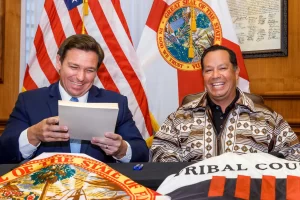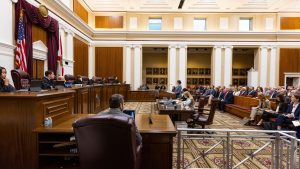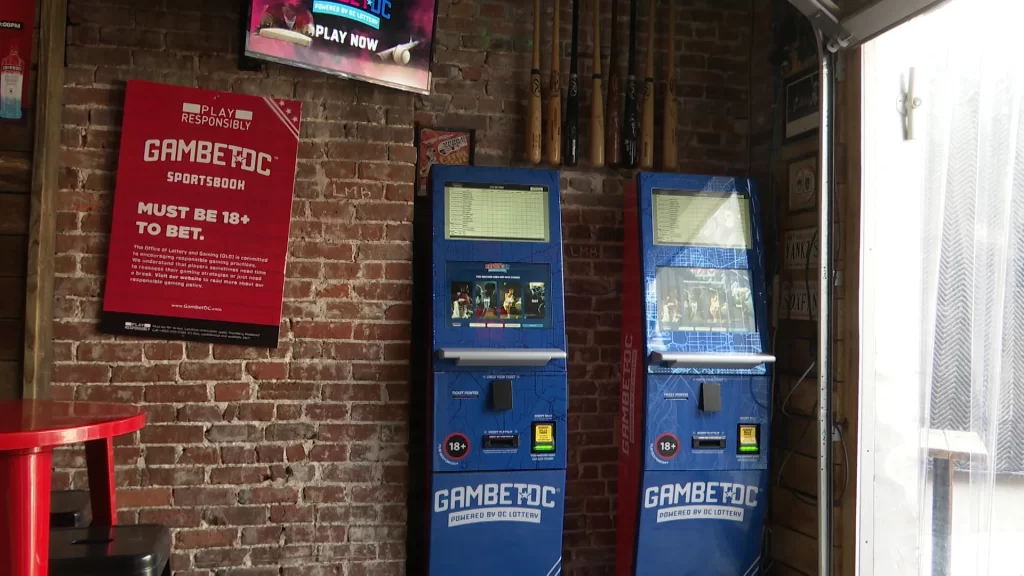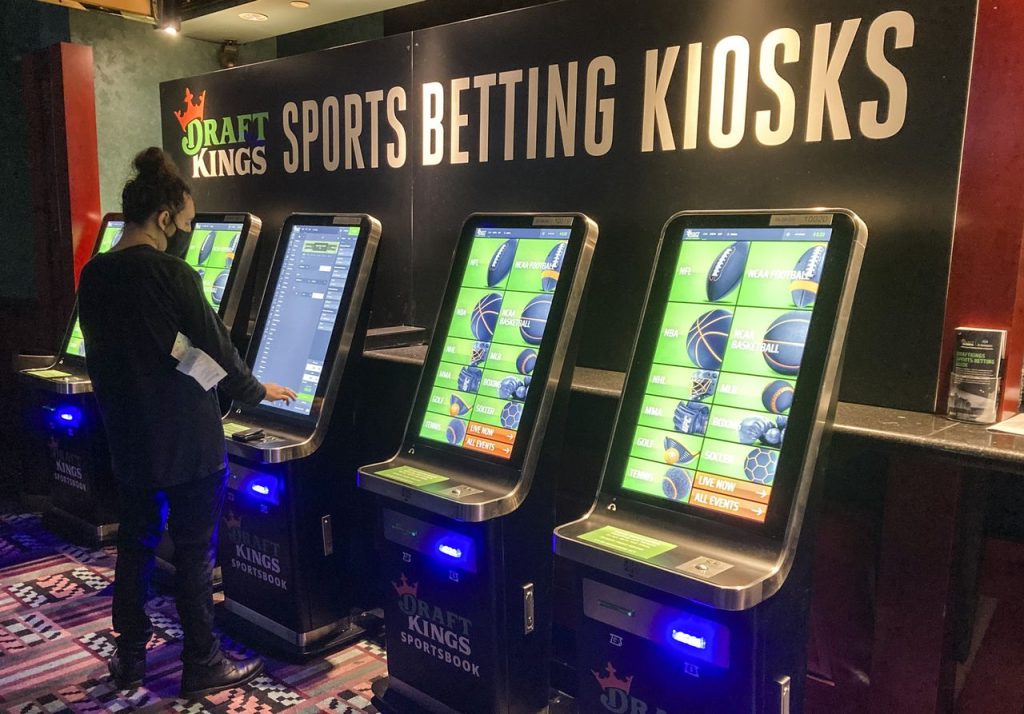Despite being one of the first states to legalize sports betting at brick and mortar locations back in 2018, Mississippi has been slow to act in setting up mobile sports betting within the state. In contrast to states like Pennsylvania and Virginia, which quickly established a licensing process and began allowing sports betting operators to conduct business, Mississippi has hardly even taken a look at the topic. That much is expected to change thanks to a few notable recent happenings in an around the capital, Jackson.
Mobile Sports Betting Task Force
The wheels of mobile sports betting legalization in Mississippi started to spin back in May, when governor Tate Reeves called for the establishment of what he referred to as a ‘Mobile Sports Betting Task Force.’ This special group is to meet periodically to discuss how mobile sports betting should look, who should oversee it, and so on. The task force has since met a few times and is on the verge of presenting their findings to state lawmakers with the goal of making the decision to legalize mobile sports betting or not as clear-cut as possible.
as clear-cut as possible.
The Mobile Sports Betting Task Force is comprised of 13 members that come from a wide variety of different background. From casino operators who are concerned what mobile sports betting might mean for in-person visits to their properties, to prospective online operators, the task force will cover all sides of the topic and weigh the pros and cons of mobile sports betting legalization.
Mississippi Gaming Commission Executive Director, Jay McDaniel, has helped the public understand what the task force is set out to do. In a statement, he said that the Task Force will “take all of the findings and conclusions, any recommendations that came out of that task force and then it will be up to the legislator on what to do with those findings in a bill.” What this really means is that even when lawmakers are presented with the task force’s findings, no bill is guaranteed to come as a result. With the topic of mobile sports betting legalization being more divisive in Mississippi than most other states, there is little expectation that online sports betting will go live in the deep South any time in 2024. With that said however, it is encouraging to see some movement in the direction of legalization.
Even though few are expecting Mississippi to legalize mobile sports betting with any real urgency, it would behoove the state to act sooner than later. Neighboring states like Arkansas and Tennessee have mobile sports betting already and are only expanding the number of operators they license. Each and every week, Mississippians drive across state borders for the sole purpose of placing wagers. In terms of tax dollars alone, there is a reason to think Mississippi should act sooner than later. On top of all of this, Mississippi is a state in dire need of additional tax revenue. If a mobile sports betting legalization bill is brought to the forefront this year, the tax revenue expected to be generated will be one of the major talking points in Jackson.
 this hack is known as “credential stuffing.” Credential stuffing works by using stolen account information from an individual in order to access that same person’s accounts on other sites; in this case, DraftKings Sportsbook. As an example, if your username and password for your Netflix account was compromised at some point, it is likely that your username (often an email) and password are now in the hands of nefarious actors. Once these criminals have your name, email, and at least one password you have used in the past, they can then attempt to use that information to log in to other accounts, such as bank accounts and
this hack is known as “credential stuffing.” Credential stuffing works by using stolen account information from an individual in order to access that same person’s accounts on other sites; in this case, DraftKings Sportsbook. As an example, if your username and password for your Netflix account was compromised at some point, it is likely that your username (often an email) and password are now in the hands of nefarious actors. Once these criminals have your name, email, and at least one password you have used in the past, they can then attempt to use that information to log in to other accounts, such as bank accounts and 

 place bets on anything from handball, to soccer, and anything in between.
place bets on anything from handball, to soccer, and anything in between. the Florida Seminole Tribe which would see online sports betting operations commence statewide, albeit with some interesting caveats. According to the pari-mutuel companies, the deal, or compact, violates a 2018 amendment to Florida’s constitution which stipulates that any expansion of gambling in the state must be voter-approved.
the Florida Seminole Tribe which would see online sports betting operations commence statewide, albeit with some interesting caveats. According to the pari-mutuel companies, the deal, or compact, violates a 2018 amendment to Florida’s constitution which stipulates that any expansion of gambling in the state must be voter-approved.

 in May. Then, the Brazilian soccer world was rocked as it was announced that a lengthy investigation revealed a large number of players were involved with match-fixing. The fallout of that investigation is still unfolding, but it is clear that Brazil is seeking to take drastic steps in order to stamp out match-fixing of any type.
in May. Then, the Brazilian soccer world was rocked as it was announced that a lengthy investigation revealed a large number of players were involved with match-fixing. The fallout of that investigation is still unfolding, but it is clear that Brazil is seeking to take drastic steps in order to stamp out match-fixing of any type.